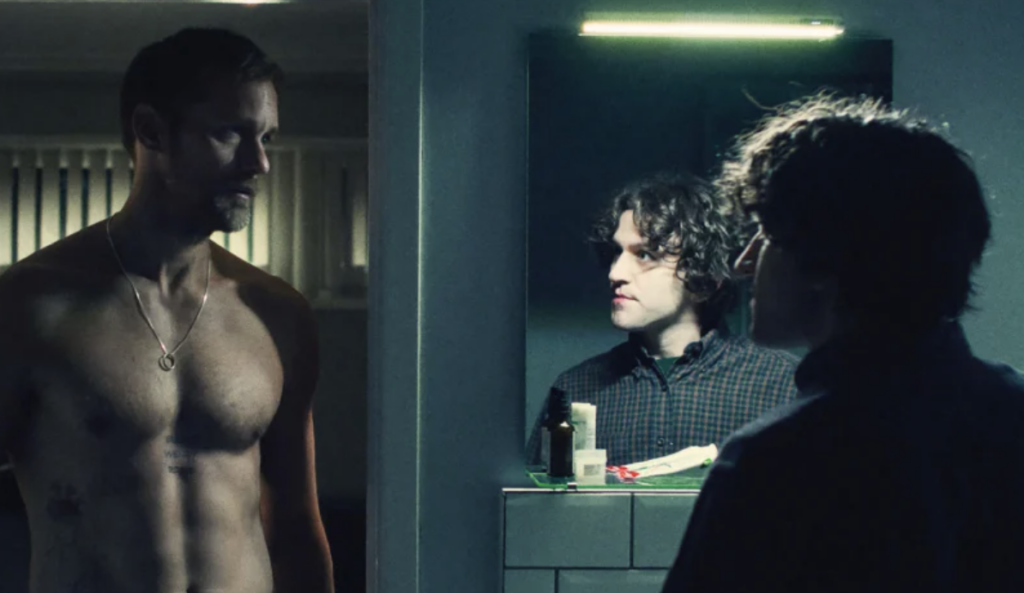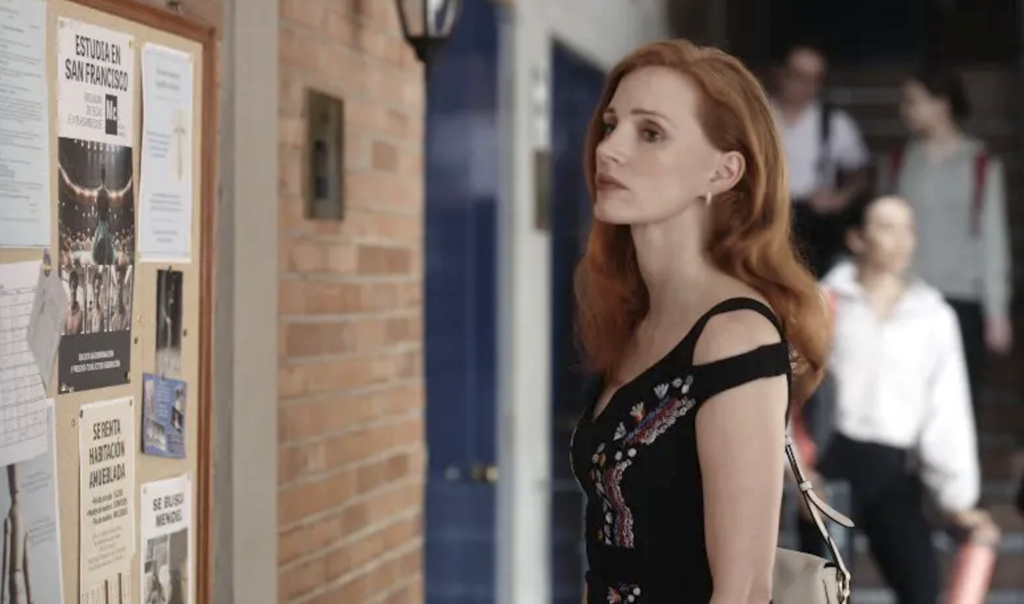New documentary HERE. IS. BETTER. rewrites the narrative of PTSD
One of the main figures in the film is KC veteran and politician Jason Kander, who has publicly shared his mental health struggles as an advocate for years.
Content warning: This story discusses specifics around subject matters which may be difficult for some readers, delving into issues of mental health, trauma therapies, and suicide. If you or someone you know is facing challenges in this area, a list of resources can be found here. For those in crisis, seek help through the National Suicide Prevention Lifeline by dialing 988.
Every year, nearly 13 million adults suffer from posttraumatic stress disorder (PTSD), with U.S. veterans up to three times more likely to be diagnosed. Still, many delay or never seek treatment because of deep-rooted stigmas.
Long beheld as an untreatable life sentence, experts and advocates are battling to squash this narrative of PTSD and erase the stigma that it is a scarlet letter indicating self-pity.
HERE. IS. BETTER. does this and more in the groundbreaking feature-length documentary, taking viewers inside therapy sessions of men and women Veterans battling PTSD. Jack Youngelson, Emmy Award-winning filmmaker and director of the film, says an intention of his was to be transparent in depicting the debilitating effects of PTSD while also spotlighting the message that there are clinically effective treatments available.
“We never went in with the intention of sugarcoating PTSD or what it means to seek out treatment for it,” Youngelson says. “We wanted ultimately to show that there are different paths to recovery out there.”
Youngelson accomplishes merging these seemingly dialectic messages in his remarkably tender yet transparent filmmaking approach. Participants in HERE. IS. BETTER. entrust us with their darkest and most shameful thoughts and urges disclosed in therapy sessions.
In watching sessions of Prolonged Exposure Therapy (PE), you may, as I did, notice an increased heart rate and shallow breathing as we are invited to relive participants’ most traumatic moments of their service. In one instance, you feel you have actually pulled up a chair in group Cognitive Processing Therapy (CPT), and next, you are observing a session of Eye Movement Desensitization and Reprocessing (EMDR) and its bilateral stimulation techniques.
The film, which will be released in the U.S. and Canada on iTunes and Amazon June 27, follows PTSD treatment of four veterans of different backgrounds, service experiences, and demographics. This is just one way HERE. IS. BETTER. reframes the narrative of PTSD to show how vastly different it manifests itself in individuals’ lives. More often than not, those diagnosed do not conform to the stereotypical image of an old retired veteran sitting at home and having flashbacks, as one film participant noted.
Kansas City residents will recognize Jason Kander—a former rising political star of the Democratic Party and state representative of Missouri. Kander shocked local and national political spheres in 2018 when he dropped out of the race for Kansas City mayor to seek treatment for PTSD from his tour in Afghanistan 11 years prior. It was widely expected that he would win—and by a wide margin.
In the film, Kander details his trauma from Afghanistan, self-medicating by throwing himself into personal achievements and politics, and finally seeking treatment in spite of the shame he felt from PTSD’s negative stigma.
“For Jason, it was important that the film wasn’t going to sugarcoat the experience, but it was going to offer a sense of hope,” Youngelson says. “He’s a remarkable individual and so generous, honest, and deeply impactful in what he shared with us.”
Truly, it is impossible to watch the film and not develop feelings of utmost respect for the veterans reopening their wounds for millions to see on their T.V. screens. This is in part because Youngelson (and the participating veterans) continually remind us in masterful ways that these are not characters, but real people. People with families and careers and homes and lives that feel the ripple effects of PTSD.
“I was always just so in awe and moved by not just the vulnerability, but the honesty and the emotional truthfulness that everyone shared with us,” Youngelson says. “I felt that every day. And I and everyone else working on the film also recognized it was a precious thing that we had to kind of safeguard as well.”
With the nature of the story so delicate and vulnerable, Youngelson maintained an open dialogue with participants while filming about when and where cameras were welcomed. This meant filming in the least obtrusive way possible and giving the opportunity to omit anything after filming.
“It’s something that you want to handle in the most rigorous way possible to make sure it reaches people in a way that feels honest but doesn’t feel exploitative,” Youngelson says.

Tabitha in HERE. IS. BETTER. A former sergeant in the Marine Corps, she served tours in Afghanistan in 2007 and 2011.
Along with Kander, raw vulnerability and bravery shined through in the stories of Teresa and Tabitha, two women participating in a 7-week residential program at Cincinnati at the VA Trauma Recovery Center, and John, a Vietnam veteran fighting to reclaim his life from PTSD 45 years after his service.
Though PTSD manifests differently in each of their lives, participants are able to connect deeply with one another where their symptoms overlap—such as intense self-blame, familial conflict, and suicidal ideation.
The suicide crisis among Veterans, in fact, was one launching point for the making of HERE. IS. BETTER. Since 9/11, the suicide rate of veterans has significantly outpaced the number of service members killed in combat—a staggering statistic that motivated one producer to action.
While treatment for veterans and suicide prevention is a central focus of HERE. IS. BETTER., the mental health crisis in the U.S. reaches across the entirety of the population. HERE. IS. BETTER. tells us with an urgency that “trauma is trauma is trauma,” as one advocate put it. PTSD does not discriminate and can arise as a result of childhood or relationship abuse, traumatic injuries, or sexual assault, for example.
There is a palpable power in pulling back the curtain and discussing—with thorough detail and utter honesty—a topic that has been historically stifled by harmful social stigmas and misconceptions. The magnitude of the message of HERE. IS. BETTER. emerges early in the film, only growing as we witness the efficacy of the treatments for veterans and extrapolate this hope to our own lives—which are all touched by trauma in some way.
HERE. IS. BETTER. will open in select theaters Friday and be released on Amazon and iTunes July 27 (National PTSD Awareness Day). For more information and to find out how to host a screening for your community, head to the film’s website.





